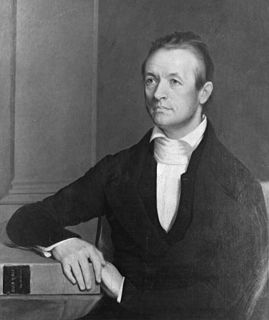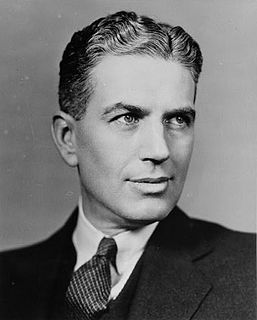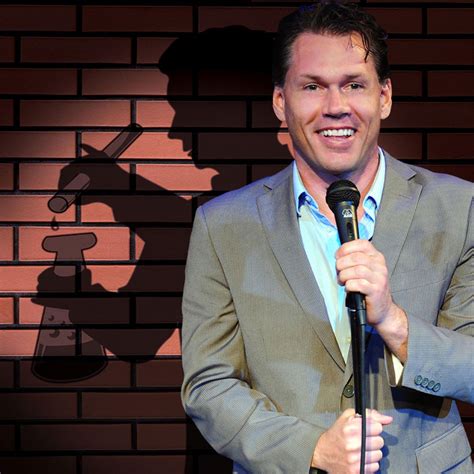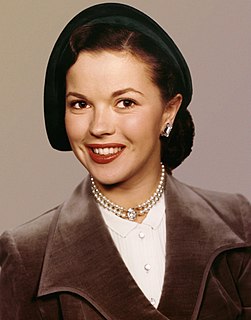A Quote by Bill Ayers
There was one moment when J. Edgar Hoover and us had the same distorted lens about who we were - "a real threat," you know? He thought so and we thought so and we were buddies in that regard.
Related Quotes
I just kind of had my own impressions growing up with Hoover as a heroic figure in the 40s - actually the 30s, 40s, and 50s and beyond - but this was all prior to the information age so we didn't know about Hoover except what was usually in the papers, and this was fun, because this was a chance to go into it [ during filming 'J. Edgar Hoover' ]
If I had stood at the free-throw line and thought about 10 million people watching me on the other side of the camera lens, I couldn't have made anything. So I mentally tried to put myself in a familiar place. I thought about all those times I shot free throws in practice and went through the same motion, the same technique that I had used thousands of times. You forget about the outcome. You know you are doing the right things. So you relax and perform.
I had a guy at the Groucho bar clawing at my arm nearly in tears saying that until he saw The Departed he thought Americans were the ones on TV. I didn't know you had accents. I didn't know you had a class system. I didn't know you were like us. To which the answer is, probably only where I grew up, but while we're at it don't watch television and think it's the United States of America.
When we were making it [Star Wars], none of the effects were in. So the first time, I thought it was, you know, that - I mean, we were surrounded by English crew members that could hardly keep themselves together. They were, "Here comes the guy in the dog suit." They made fun of us, which was OK. But the first time I was sitting in a theater, and I saw all the effects in, and the big ship flew over the audience, and the sound rumbled, I pretty much thought we were close to home.
The charged life, then, usually calls to us after we have done what we were supposed to do, become who we thought we were supposed to be, lived as we thought we were supposed to live. Then the safety and comfort and compromise get to us, and a stirring of restlessness and revolution sends us off in search of greater adventures and meaning. From THE CHARGE





































